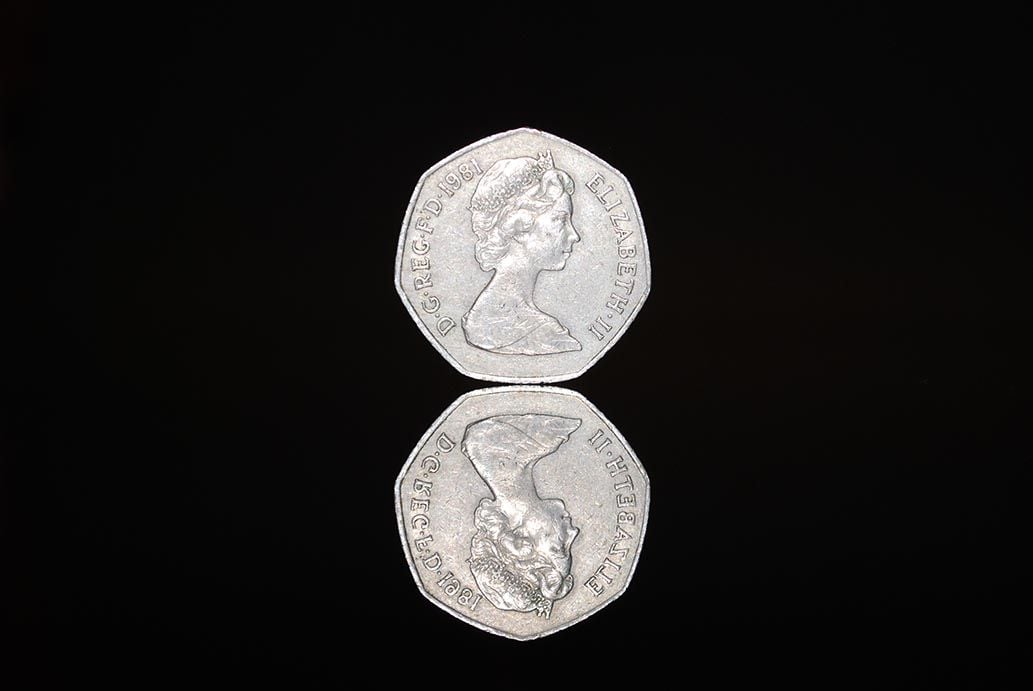The Pound-to-Euro Exchange Rate: Calm Before the Storm

Image © Thomas Otto, Adobe Stock
- GBP/EUR set for significant 'break out'
- GBP/EUR trades tightest range in 10 years
- We see risks biased towards the upside
The British Pound is consolidating in an increasingly restrictive range against the Euro which suggests a bout of volatility could be about to be released.
Despite some day-to-day volatility seen in the British Pound we are reminded to take a step back and remember the Sterling is actually tracking a well-worn path against many currencies.
This is particularly true of the Pound-to-Euro exchange rate which is regarded by many to offer the purest view of Sterling behaviour in relation to Brexit.
“Despite all the uncertainty that has surrounded Sterling this year, it is somewhat shocking to find out that GBP/EUR has traded in the tightest range for 10 years," says Chris Towner, Director at JCRA, an independent financial risk management consultancy.
Above: Sterling-Euro enters a wait-and-see range, starting in September 2017.
Analysis from JCRA shows the range in GBP/EUR so far in 2018 has been 5.28% with Sterling trading at a high of 1.1599 and a low of 1.0986.
In 2016 the range was over four times wider at 22.5%.
"The shock of Brexit on Sterling was immense, initially. Arguably 2018 with all the Brexit uncertainty is now simply an aftershock. Or are we lured into a false sense of security?" says Towner.
The range has been tightening: at the time of writing the Pound is a mere 0.05% lower than where it started the week. Like a coiled spring, expectations for a release of energy are expected in what is known in currency circles as a 'break-out'.
1 GBP currently buys 1.1230 EUR, we believe high-street banks are offering exchange rates of between 1.0930 and 1.1020 for international payments. Independent providers are seen to be quoting rates inbetween the 1.1130 and 1.1150 region.
Towner says given the forthcoming binary outcome for Brexit, deal or no deal, Sterling is expected to have an interesting journey between now and the end of March 2019.
"In fact the current tranquillity in GBP/EUR could just be the calm before the storm,” says Towner.
Calling the direction of any big breakout is of course the big question.
Neil Wilson, an analyst with Markets.com says, "the Pound is on the ropes and looks set for more falls as it seems all but certain Theresa May's government will fall. A vote of no confidence and fresh general election now seem certainties after a humiliating day in parliament."
The government lost three votes in parliament on Tuesday, with the most important vote handing further powers to parliament as to what May does after her deal is rejected on December 11.
Some commentators suggest this affords more power to the majority of parliamentarians who will reject a 'no deal' Brexit outcome.
We would argue however that recent moves in parliament actually make the prospect of no-Brexit increasingly likely, throwing yet a further outcome into the mix of uncertainty.
Analysts at JP Morgan have this week told clients they have hiked the odds of no-Brexit happening to 40%, up from 20% previously.
On balance this should protect Sterling from any significant downside but caution there is as of yet no indication how parliament will reject a 'no deal'.
We believe May will return to parliament with a revised deal, but communications from the DUP - the Northern Irish party whom the government rely on to supply votes to pass legislation - have indicated that "tinkering around the edges" of the deal won't wash.
No analyst or political commentator we follow has any certainty as to how this deadlock over Brexit will resolve.
We nevertheless believe the next big move in the Pound-to-Euro exchange rate is to the upside as so much bad news and uncertainty is already absorbed into the value of Sterling, despite persistent bad news and uncertainty the currency shows a reluctance to go much further south.
Good news will literally come as a shock to the currency.
Advertisement
Bank-beating GBP/EUR exchange rates. Get up to 5% more foreign exchange by using a specialist provider to get closer to the real market rate and avoid the gaping spreads charged by your bank when providing currency. Learn more here
Ahead of the weekend it has been revealed the government are to attempt to rally support for the Brexit deal by visiting various regions across the UK, but a bid to find a compromise that will allow parliament to come together and pass the deal next Tuesday remains remote.
With Theresa May widely expected to lose Tuesday's Commons vote, the government has dismissed calls for the vote to be delayed.
Health Secretary Matt Hancock said with two days of debate remaining, there was still time to win over MPs.
But a Conservative party backbench amendment aimed at easing concerns about the controversial "backstop" has all but been rejected by critics of the deal in parliament.
There were hopes that the new ammendment to the Brexit legislation - floated by Conservative Party MPs sympathetic to the government late on Thursday - would help sway opponents into backing the deal and minimising the scale of loss suffered next week.
The proposed ammendment sought to give parliament more say over whether a controversial backstop clause in the Withdrawal Agreement is ever triggered. The backstop clause is fiercely opposed by Conservative Party backbenchers and Northern Ireland's DUP whom the government relies on to get legislation passed through the House of Commons.
The government hoped the proposed ammendment would whittle down opposition to manageable levels. However, the DUP immediately rejected the proposal because it offers nothing more than a mere "tinkering".
"Domestic legislative tinkering won't cut it. The legally binding international Withdrawal Treaty would remain fundamentally flawed as evidenced by the Attorney General," says DUP leader Arlene Foster.





